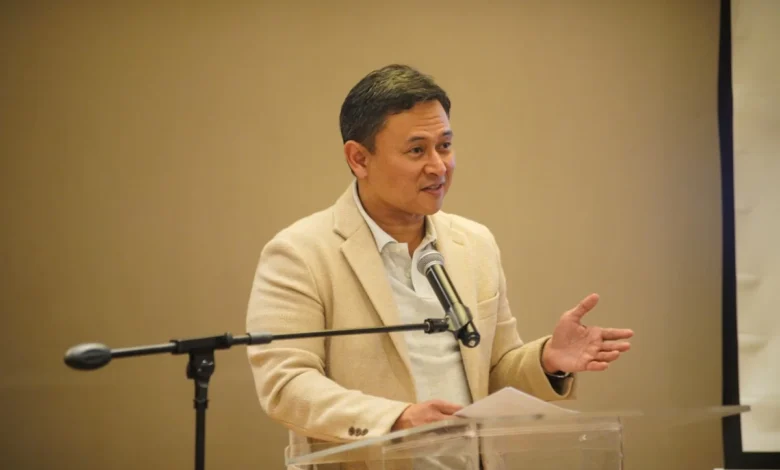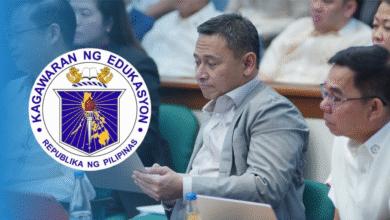
Angara Pushes Classroom Construction Reform to Speed Up School Building
Education Secretary Sonny Angara is moving to overhaul how public school classrooms are built in the Philippines, proposing a classroom construction reform that would allow local government units (LGUs) to take on work long handled solely by the Department of Public Works and Highways (DPWH).
Fixing the Classroom Backlog
Since 2018, DPWH has been the only agency authorized to build classrooms for the Department of Education (DepEd)—a centralized arrangement that Angara said has caused delays and inefficiencies. He explained that the plan is to involve provinces, cities, and capable municipalities in the construction process to help address the chronic shortage of classrooms nationwide.
Angara said the change is long overdue. “Ang gusto natin ngayon ay isama na yung LGUs—yung mga lalawigan, lungsod, at mga first-class municipalities. Maybe even second-class na may kakayanan gumawa ng classrooms. Palagay ko mas bibilis ang proseso,” he said.
Streamlining a Slow System
The proposed classroom construction reform aims to make the system more efficient by leveraging the capacity of local governments already experienced in infrastructure delivery. Angara said this approach will not only shorten project timelines but also ensure accountability at the community level, as local officials will have a more direct role in meeting the education infrastructure needs of their constituents.
He added that the reform could pave the way for stronger collaboration between DepEd and LGUs—an arrangement that would align school-building projects with actual needs on the ground rather than waiting for central approval and funding bottlenecks.
READ: DepEd 2026 Budget: Angara Pushes Major Education Boost
If carried out effectively, the classroom construction reform could become a key step toward easing the country’s classroom shortage and ensuring that communities can respond more quickly to the needs of their students. For Angara, empowering LGUs is not just about decentralization—it’s about bringing basic education closer to those who need it most.



